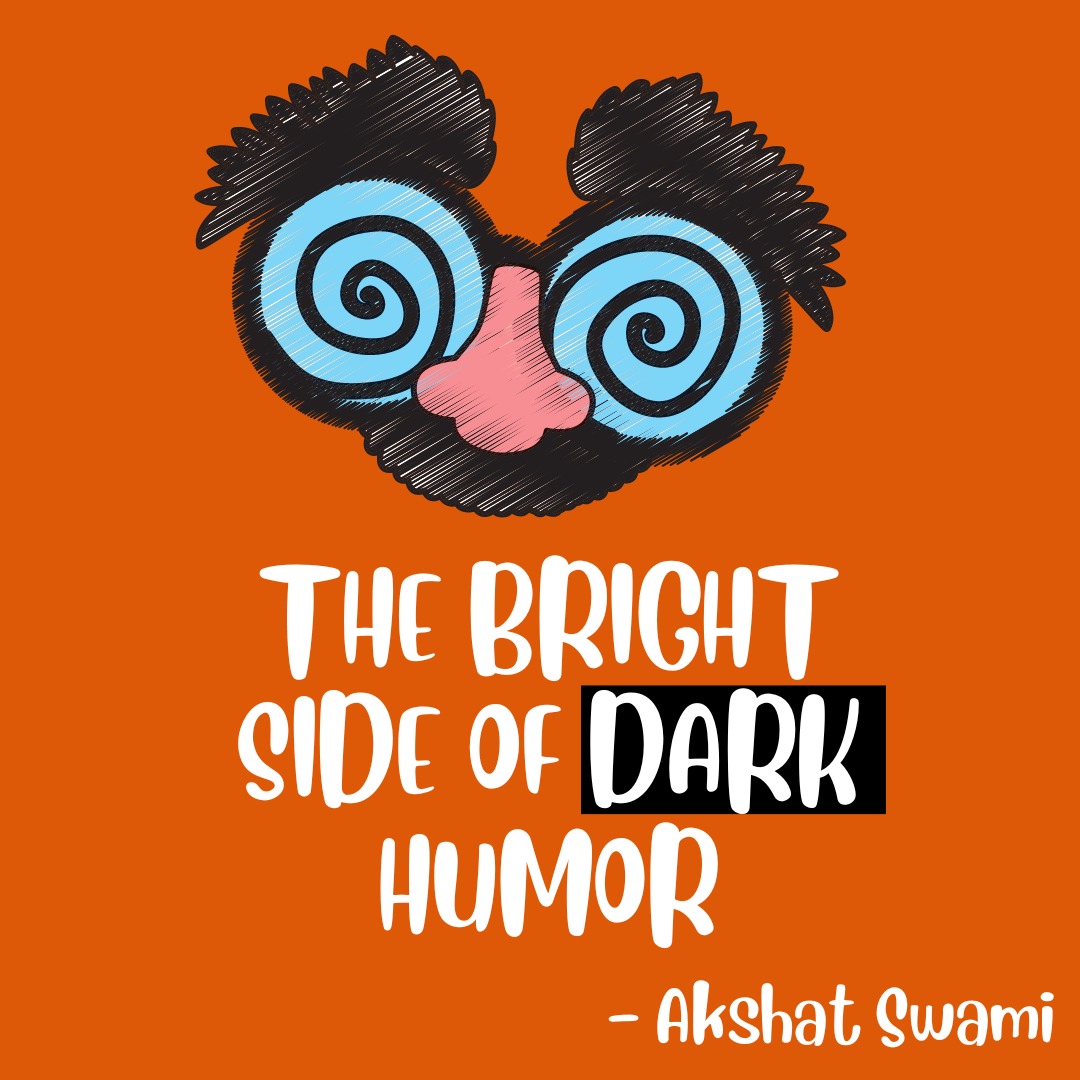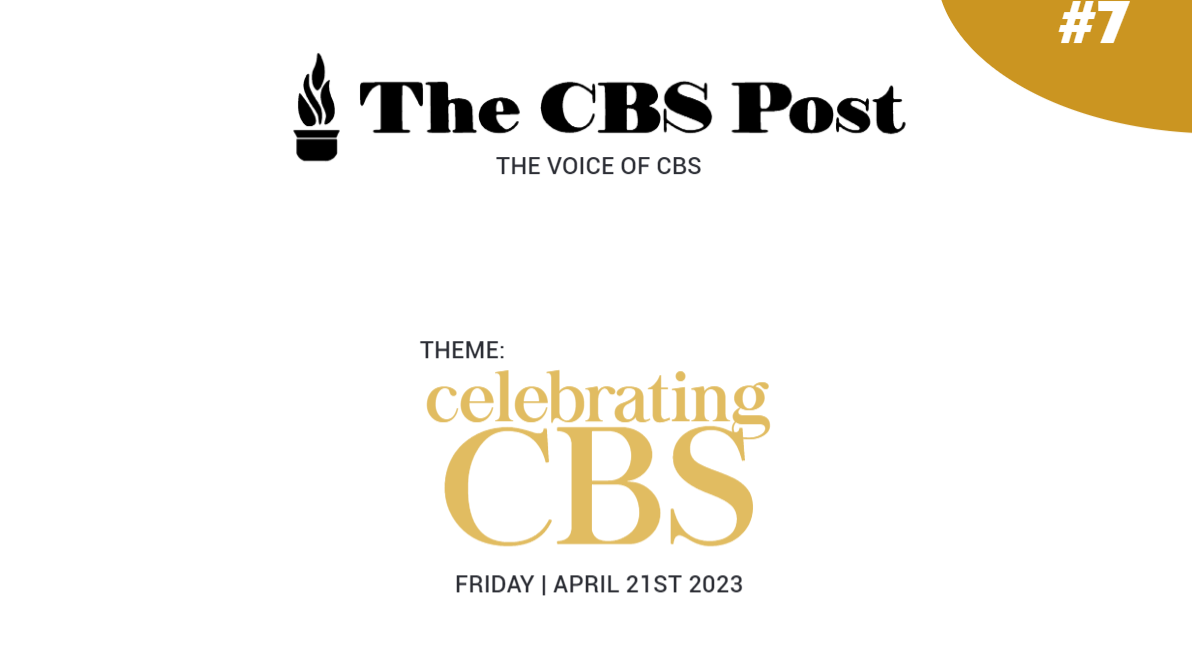The Bright Side of Dark Humor
By Akshat Swami, Co’25
Have you ever felt not liking an Instagram reel because it is too “dark”, or are you the one who deliberately floods your friend’s inbox with Dark memes just to prove to them how superior your humor is? Humor was something that was meant to be “pleasant”, then how come we get this Dank (unpleasant) version of it? For the greenhorns out there, Dark humor is the style of humor that uses morbid, grim and tabooed subjects as basis for jokes or comedic commentary. Here is an example for starters, “What is the difference between Iron man and Iron Woman? One is a superhero and the other is a simple command.” The fun part starts here, according to some studies, people who relish “Dark Humor” tend to have elevated levels of both verbal and non-verbal intelligence (sounds strange, or does it!). In this article we will dig deeper into the intricacies of dark humor and how it is “unpleasantly pleasant” for some folks.
“Dark humor”, to the disbelief of GenZ , is not a thing of recent times. The Silent Generation saw it first; people in the world war era had the grimmest and lowest phases of their lives. And still they say “only the privileged get offended”. People who have seen the worst of what life has to offer, tend to appreciate the humor derived from it. While black comedy existed for a long time without explicitly being called Dark/Black humor, until the 1940s when French surrealist Andre Breton published Anthologie de l’humour noir (“Anthology of Dark humor”). The term lost its prominence for some time, but its use surfaced once again in the 1960s after works like “Miss LonelyHearts” and a few other works by authors like Vladimir Nabokov emerged.
Black comedy often serves as a coping mechanism, allowing individuals to process trauma and distressing experiences. It can provide you with a tool to facilitate your sense of catharsis that you are looking for. Now that we have established that dark humor is used as a coping mechanism, the question before us is WHY? When people are going through distressing times they somehow want to express and experience a full spectrum of emotions. In amidst turmoil, the desire to express and explore the full range of human emotions becomes paramount, that’s where black comedy enters the fray.
Coming to satire, as most of the writers eventually do, there is a thin line between dark humor and satire. Satire often uses humor to criticize and mock societal issues. And sometimes the humor used in satire is dark in nature. Satire is about finding a balance between critique and controversy, the same can be said about dark comedy.
The flagbearer for gen-z black comedy nowadays is the skull emoji (💀), if you can’t guess that some “morbid” stuff has happened that’s your clue. Historically, the “grammar” of Dark Humor relied on the subtle nuances, wordplay and a clever wit. Nowadays, our community has shifted towards memes and social media platforms like Reddit and X (formerly twitter). The change in linguistic expression over the years tells a lot about the dynamic nature of dark humor as a form of cultural expression. Yet, even as the medium evolves, the essence of dark humor remains unchanged. It’s still a tool for confronting the uncomfortable truths of our existence, for shining a light on the absurdity of the human condition. And in this ever changing landscape, the skull emoji stands as a silent sentinel, a reminder that even in the darkest of times, there’s still room for laughter.
Dark humor is a double-edged sword. It offers relief by letting people navigate tough situations with laughter, but it can also desensitize or offend people due to its sensitive subjects. What one person finds amusing, another may perceive as disrespectful or inappropriate. Fear of trivializing real world struggles is also probable. While some studies link it to intelligence, humor preference doesn’t solely define intellect. Intelligence is a multifaceted concept, (as we’ve learnt in our SEL classes lol!) and its association with dark humor may not necessarily reflect overall cognitive abilities. It’s a coping mechanism which is subjective to the context, with both positive and potentially negative impacts, based on personal experiences and societal norms. In the end I would like to conclude by saying “USE WITH CAUTION”.




Comments